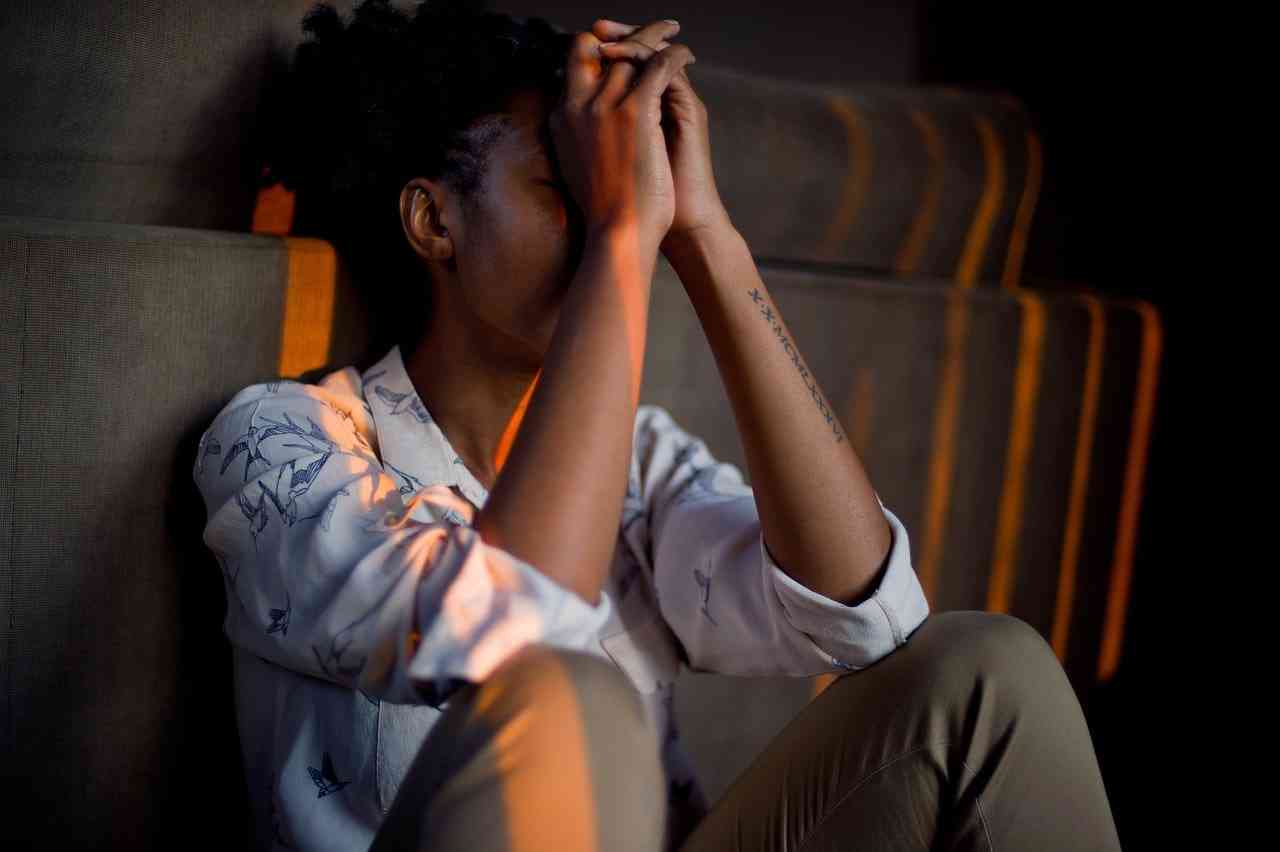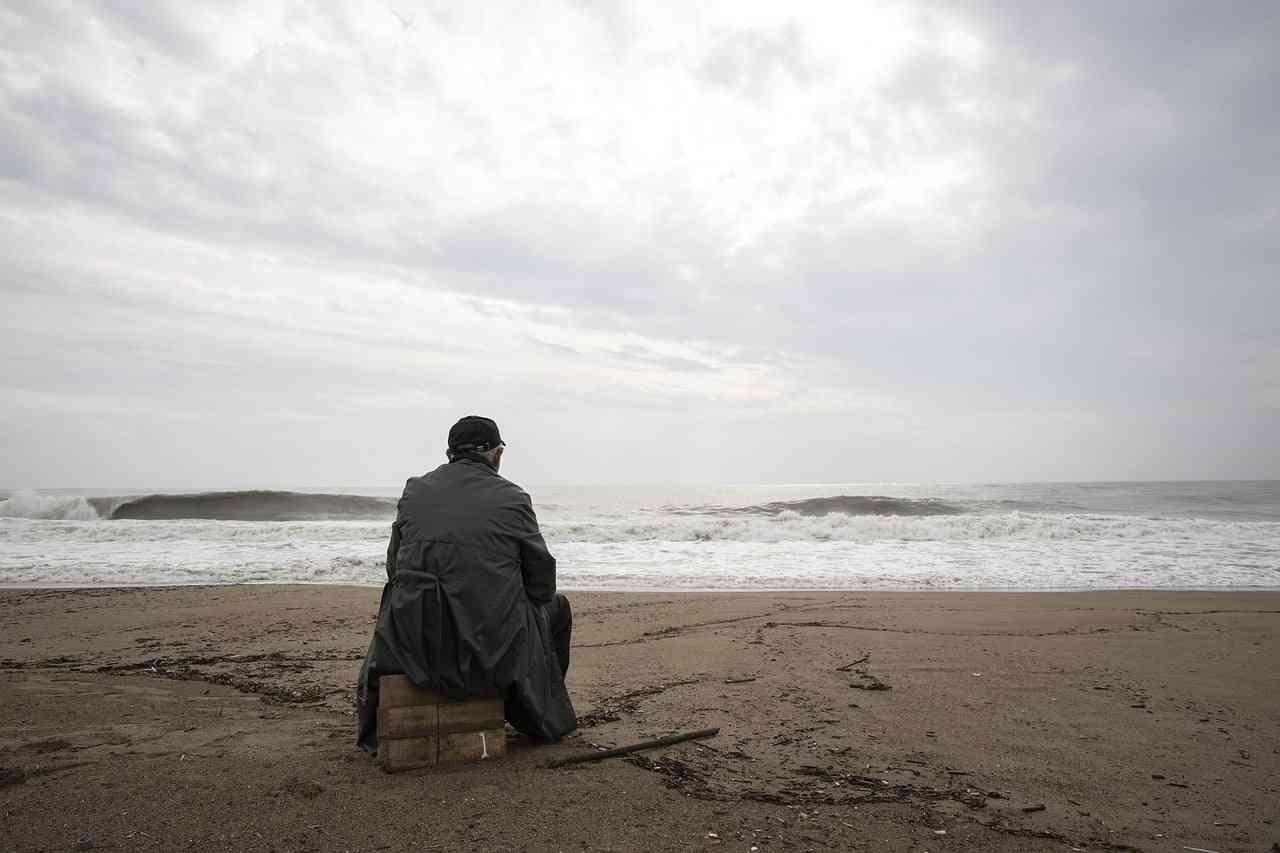
Out of all the anxiety disorder symptoms I've experienced, intrusive thoughts are definitely the worst. There are many struggles faced by people living with mental illnesses, but this is one I can safely compare to feeling like the equivalent of hell. Part of what made it even worse than it already was, though, was that I didn’t even know it was a mental health issue.
I have never been diagnosed with obsessive-compulsive disorder (OCD), an illness that commonly comes with intrusive thoughts, but I have experienced intrusive thoughts themselves (and, according to my doctor, exhibited “obsessive-compulsive” traits). As someone with generalized anxiety disorder (GAD), my thoughts already caused me a lot of anxiety; these intrusive thoughts were just worse than my typical “something bad’s going to happen” feelings that GAD gave me.
I’ve had intrusive thoughts ever since I was young, and there were things I tried to do to “combat” the thoughts so they wouldn’t bother me. If someone in the house was sick or showing symptoms of an illness that I was afraid to get, I washed my hands constantly, to the point that they were dried out, hard, and cracking. If I had thoughts come into my head of hurting people, I would put away any kitchen knife within my reach. If I thought I was going to hell because I wasn’t religious “enough,” I would profess my faith in God over and over again to combat it.
It was bad enough having these thoughts, but what made them worse was the fact that I thought I believed them. I didn’t know intrusive thoughts were signs of a mental health issue, so I thought all the thoughts I had were my own. I thought I really wanted to hurt people I cared about every time those kinds of thoughts came to mind. I didn’t want to think about these things, but I did, and I couldn’t stop. It was like my brain was a broken record player, and the more I tried to stop it from having the same thoughts, the more frequently the thoughts came.
Thinking you are a bad person and having your mind seemingly confirm it is beyond self-destructive; it can be deadly. I believed I wanted to do awful things, so I thought I was an awful person. This faulty belief led to what I now know was my first major depressive episode, and, subsequently, led to severe suicidal ideation.
I withdrew from people, not just because of depression, but also because of guilt. I couldn’t bear to tell anyone what kind of thoughts were invading my mind, so I kept them to myself. But that made me feel even guiltier, knowing that I was hiding a part of myself that I was sure would come out eventually. It was a never-ending cycle of shame.
But I finally had a moment of clarity. I don’t remember exactly what led up to it, but I do remember thinking that my thoughts weren’t necessarily my own, nor in my control. I considered that I may be experiencing an illness, something that was not completely within my control.
I was still too afraid to talk to anyone about my intrusive thoughts, so I researched several mental health screenings online instead. After taking what seemed like a dozen, I finally found one that said I may be experiencing OCD. Like many people, I thought OCD simply meant that someone was obsessed with cleanliness and order. I didn’t know it was an actual illness, and I didn’t know how insidious the thoughts were that many people with OCD experience. Only through research did I learn what OCD actually was. Only then did I realize that OCD and intrusive thoughts in general were exactly that: mental illnesses that needed professional treatment.
Years later, I thank medication and therapy for bringing me out of the darkness I once lived in. One of the most important things I learned with therapy that I still take with me today is that not every thought reflects your beliefs. Thoughts are often random and come out of nowhere, but that doesn’t mean you have to entertain every thought you have. And though it is difficult to ignore them when you have an anxiety disorder, it is possible to overcome the insurmountable responsibility you assign yourself to every thought you have that is not necessarily your own.
Intrusive thoughts have brought me much shame, but knowing that I was not responsible for every thought I had lifted so much weight off of me. I hope that by sharing my experience, I can help someone else out there know that they’re not alone, and that they deserve help so they can truly live their lives.
If you're struggling with intrusive thoughts or suicidal thoughts, you're not alone. If you need crisis support in the USA, call 988, or consult this list of mental health hotlines to find the help you need in your country.
Fairley Lloyd is a freelance editor and writer with a BFA in creative writing from the University of North Carolina Wilmington She is passionate about mental health, feminism, and sexuality among other issues. Her work appears in Thought Catalog, Unwritten, The Mighty, Her Campus, and The Ability Toolbox, among others.







